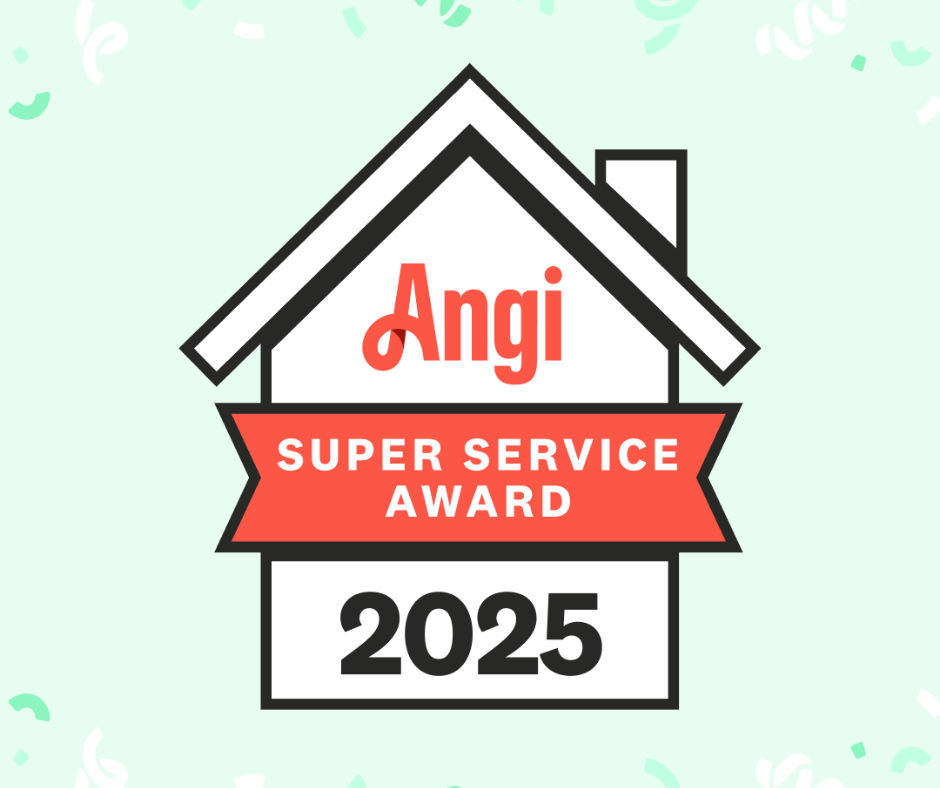
About Omni Roofing
Baltimore’s Trusted Roof & Exterior Experts Built on Grit, Craft, and Care
About Us.
The OMNI Roofing and Exterior Remodeling Company
Baltimores Best Roof repair experts
About Omni-Roof:
Baltimore’s Fast Roof Repair Experts
Roots & Craft: At Omni-Roof, we fuse fresh drive with 20+ years of shaping Baltimore’s skyline, from Fells Point’s flats to Towson’s peaks. We’re not just pros; we’re Baltimore born, built on trust, grit, and top-notch work that stands tall.
Know-How Runs Deep: We’ve seen this city’s roofs evolve, Dundalk’s rows, White Marsh’s sprawl, and we know ‘em like family. Every shingle, every nail’s a promise, durability, reliability, done right. We’re not here to just cover homes; we solve headaches, crafting peace of mind for Baltimore folks.
More Than Roofs: You'r challenges? Our stage. From Parkville fixes to Roland Park renos, we turn roofing into a legacy of care. Locals vouch for us, Omni-Roof’s the name when you want Baltimore-grade solutions. Welcome aboard, let’s build trust, one roof at a time.
Peace of Mind.
Liability Insurance
At OMNI, we prioritize transparency and trust in every aspect of our business. We are proud to inform our valued clients and partners that we are covered by a robust liability insurance policy, providing coverage of up to 2 million dollars. This commitment underscores our dedication to ensuring your peace of mind when engaging with our services. Your satisfaction and safety are paramount to us, and we want you to feel confident and secure in your decision to collaborate with OMNI.
MHIC License
OMNI is a licensed and accredited contractor under the Maryland Home Improvement Commission (MHIC). Our MHIC license ensures that we meet the state's stringent standards for professionalism, reliability, and ethical business practices. When you choose to work with us, you are selecting a team of experts who are not only skilled but also committed to the highest industry standards.
At
OMNI, we take pride in our MHIC certification.
Bonded
At
OMNI, we understand the importance of trust when it comes to your home improvement projects. That's why we want you to know that we are a bonded contractor. Being bonded means that we have secured a bond with a reputable surety company, providing you with an additional layer of protection and peace of mind.
Why us ?
Choose us for unmatched expertise, quality craftsmanship, and a commitment to your satisfaction.
21+
Years of experience

>2500
projects in our area
What Baltimore Says:
Our Roofing Rep
Local Voices: Omni-Roof’s been hammering away at Baltimore roofs for over 20 years, Fells Point to Parkville, and our neighbors have thoughts. Check out what folks say about our work, real words from real homes. From Dundalk fixes to Towson builds, these reviews show why we’re the city’s go-to crew. Your trust’s our trophy, see it in action below.
Great work. Always on time and very professional. I recommend this business to everyone! 2 thumbs up
Brian P.
I was impressed with the quality of work and the transparency throughout the project. They kept me informed every step of the way!
The crew was punctual, respectful, and did an amazing job on my siding. I couldn't be happier with the results!


